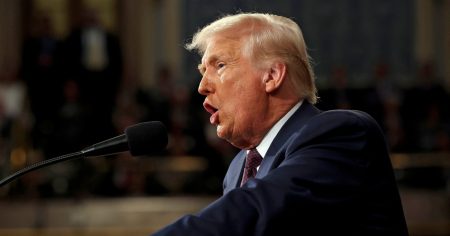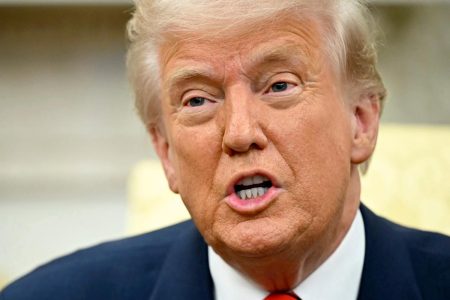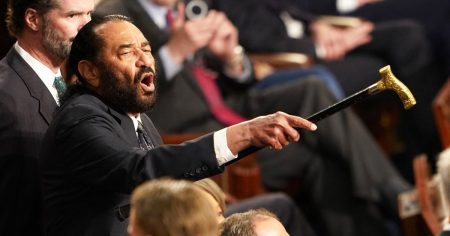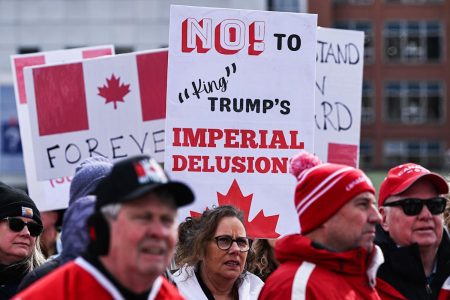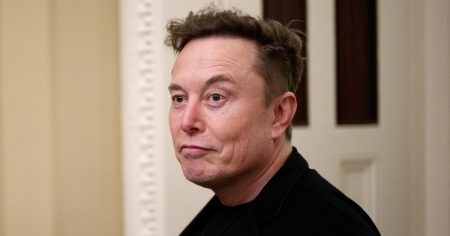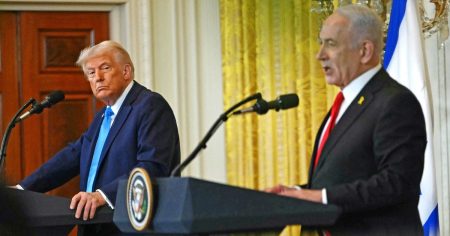The Executive Branch vs. The Judiciary: A Battle Over Presidential Power
President Trump’s administration has recently issued a flurry of executive orders, targeting areas such as foreign aid, border security, and pardons, with minimal resistance from Congress. However, these actions have met significant pushback from federal judges, signaling a growing tension between the executive branch and the judiciary.
One notable example involves a federal judge in Manhattan blocking Elon Musk’s team from accessing Treasury Department systems. Judges have also intervened in other policy areas, such as freezing federal grants and altering transgender rules. Judge John Coughenour in Seattle made a impactful statement by blocking the end of birthright citizenship, emphasizing the importance of respecting the rule of law. This decision was met with applause, underscoring the emotional and legal significance of the judiciary’s role in checking executive power.
Reactions from influential figures like Elon Musk and JD Vance have criticized the judiciary’s intervention, with Musk suggesting annual reviews to remove underperforming judges. This reflects a broader narrative questioning the judiciary’s authority, which is concerning for the balance of powers in the U.S. government.
The Supreme Court, with its conservative majority, is poised to play a pivotal role in determining the legality of Trump’s policies. Cases regarding issues like birthright citizenship and executive authority over independent agencies will likely set important precedents, potentially redefining the limits of executive power.
Democratic state attorneys general and advocacy groups have filed numerous lawsuits challenging Trump’s policies, achieving temporary injunctions. However, the lengthy legal process raises concerns that damage from defunded programs, such as foreign aid, may be irreversible even if courts eventually rule against Trump.
The Department of Justice, under Trump, has aligned closely with the White House, targeting prosecutors involved in Trump-related investigations. This highlights a concerning trend of politicizing law enforcement, further straining the balance of powers.
In conclusion, the judiciary’s role in checking Trump’s executive actions is crucial, though not solely sufficient to address constitutional concerns. As legal battles progress, the potential for significant shifts in executive power and the rule of law looms large, underscoring the need for robust checks and balances in governance.



